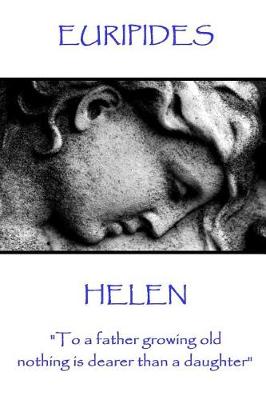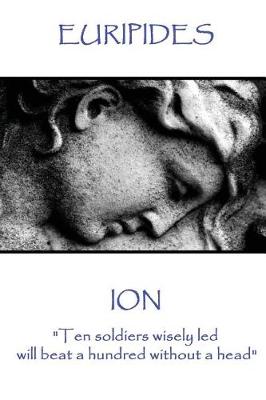Cambridge Greek and Latin Classics
4 total works
Treating ancient plays as living drama. Classical Greek drama is brought vividly to life in this series of new translations. Students are encouraged to engage with the text through detailed commentaries,including suggestions for discussion and analysis. In addition, numerous practical questions stimulate ideas on staging and encourage students to explore the play's dramatic qualities. Medea is suitable for students of both Classical Civilisation and Drama. Useful features include full synopsis of the play, commentary alongside translation for easy reference and a comprehensive introduction to the Greek Theatre. Medea is aimed primarily at A-level and undergraduate students in the UK, and college students in North America.
This up-to-date edition offers a detailed literary and cultural analysis of Euripides' Helen, a work which arguably embodies the variety and dynamism of fifth-century Athenian tragedy more than any other surviving play. The story of an exemplary wife (not an adulteress) who went to Egypt (not to Troy), Euripides' 'new Helen' skilfully transforms and supplants earlier currents of literature and myth. The Introduction elucidates Euripides' treatment of Helen and sets the play in its wider intellectual context. It also discusses questions of genre and reception, rejecting such descriptions as 'tragicomedy' or 'romantic tragedy', and showing how later artists have responded to Euripides' unorthodox heroine and her phantom double. The Commentary's notes on language and style are intended to make Helen fully accessible to readers of Greek at all levels, while the edition as a whole is designed for use by anyone with an interest in Greek tragedy.
Ion is one of Euripides' most appealing and inventive plays. With its story of an anonymous temple slave discovered to be the son of Apollo and Creusa, an Athenian princess, it is a rare example of Athenian myth dramatized for the Athenian stage. It explores the Delphic Oracle and Greek piety; the Athenian ideology of autochthony and empire; and the tragic suffering and longing of the mythical foundling and his mother, whose experiences are represented uniquely in surviving Greek literature. The plot anticipates later Greek comedy, while the recognition scene builds on a tradition founded by Homer's Odyssey and Aeschylus' Oresteia. The introduction sets out the main issues in interpretation and discusses the play's contexts in myth, religion, law, politics, and society. By attending to language, style, meter, and dramatic technique, this edition with its detailed commentary makes Ion accessible to students, scholars, and readers of Greek at all levels.


